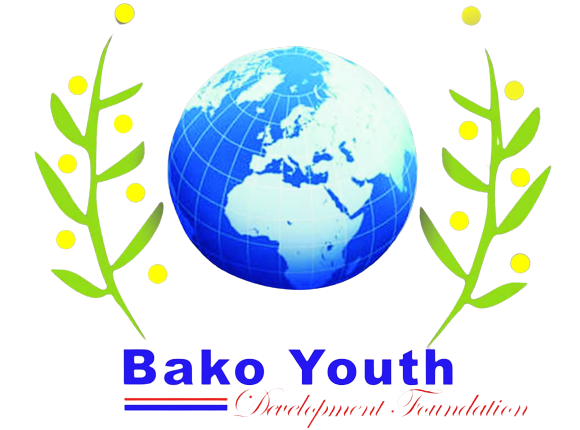Blog

Expert Nutritional Guidance for a Healthy Pregnancy: Recommendations for Expectant Mothers
Recommendations for Expectant Mothers
Pregnancy is a transformative journey marked by numerous physical and emotional changes. Alongside these changes, expectant mothers must prioritize their nutritional intake to support both their own health and the optimal development of their growing baby. While pregnancy nutrition can sometimes feel overwhelming, expert guidance can help navigate the complexities and ensure a healthy outcome for both mother and child. In this article, we’ll delve into essential nutritional recommendations for expectant mothers, backed by expert advice from healthcare professionals.
1. Consult with a Healthcare Provider: Before making any significant changes to your diet during pregnancy, it’s crucial to consult with your healthcare provider. They can offer personalized guidance based on your individual health status, dietary preferences, and any specific concerns you may have.
2. Focus on Nutrient-Rich Foods: During pregnancy, your body requires an increased intake of certain nutrients to support the growth and development of your baby. Aim to incorporate a variety of nutrient-rich foods into your diet, including fruits, vegetables, whole grains, lean proteins, and healthy fats. These foods provide essential vitamins, minerals, and antioxidants necessary for both maternal and fetal health.
3. Prioritize Key Nutrients: Several nutrients play a particularly crucial role during pregnancy:
– Folic Acid: Adequate intake of folic acid (folate) is essential for preventing neural tube defects in the developing baby. Foods rich in folate include leafy greens, citrus fruits, fortified cereals, and legumes.
– Iron: Iron is necessary for the production of red blood cells and the prevention of maternal anemia. Good sources of iron include lean meats, poultry, fish, beans, and fortified grains.
– Calcium: Calcium supports the development of the baby’s bones and teeth, as well as maintaining maternal bone health. Dairy products, fortified plant-based milk, and leafy greens are excellent sources of calcium.
– Omega-3 Fatty Acids: Omega-3 fatty acids, particularly DHA, are critical for fetal brain and eye development. Incorporate sources such as fatty fish (e.g., salmon), walnuts, flaxseeds, and chia seeds into your diet.
4. Stay Hydrated: Proper hydration is essential during pregnancy to support circulation, digestion, and the transport of nutrients to the baby. Aim to drink plenty of water throughout the day and include hydrating foods such as fruits and vegetables in your meals.
5. Consider Prenatal Supplements: In addition to a healthy diet, prenatal supplements can help ensure that you’re meeting your increased nutrient needs during pregnancy. Your healthcare provider may recommend a prenatal vitamin containing folic acid, iron, calcium, and other essential vitamins and minerals.
6. Practice Food Safety: Pregnancy increases the risk of foodborne illnesses, so it’s essential to practice proper food safety precautions. Avoid raw or undercooked meats, unpasteurized dairy products, and certain types of fish high in mercury.
7. Listen to Your Body: Pay attention to your body’s hunger and fullness cues, and eat when you’re hungry. Aim for regular, balanced meals and snacks throughout the day to maintain steady energy levels and support healthy weight gain during pregnancy.
In conclusion, expert nutritional guidance is invaluable for expectant mothers as they navigate the journey of pregnancy. By focusing on nutrient-rich foods, prioritizing key nutrients, staying hydrated, considering prenatal supplements, practicing food safety, and listening to their bodies, mothers-to-be can support their own health and the optimal development of their babies. Remember, every pregnancy is unique, so be sure to seek personalized advice from your healthcare provider or a registered dietitian to ensure that your nutritional needs are met throughout this transformative time
